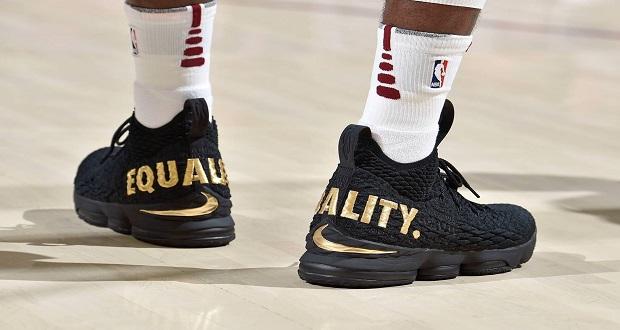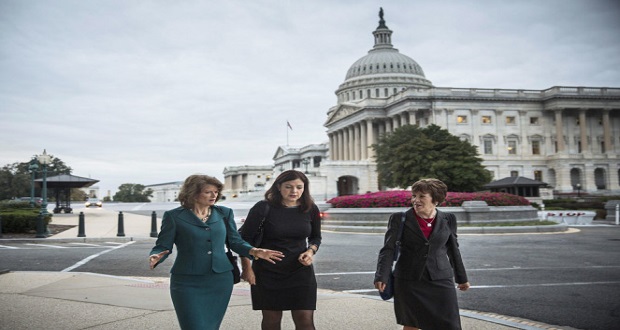
This past weekend, Robert F. Smith, a billionaire investor and philanthropist, gave a speech at Morehouse College’ graduation ceremony that changed the graduating students’ lives. He announced that his family would set up a grant to pay off student loans for this entire class of graduates. His gift totals $40 million.
We can’t even imagine the kind of ripple effect this gift could have yet. These students face one less barrier—maybe one of the biggest barriers—to building wealth and living financially secure lives. In this way, Smith did something that goes beyond paying off someone’s debt. He created opportunity, stability, and a path towards the middle class that, due to student loan debt, is no longer a given with a college degree, particularly for Black students.
One gift can’t change the political and financial structures within the U.S. One gift can’t close the racial wealth gap. Charity, while important, doesn’t change systems and reverse historical inequity. But, one gift does change the lives of each one of these students, some of whom are already thinking about how to pay it forward. While policy may be needed to fully transform systems of inequity, charity does have the power to at least disrupt these systems and transform people.
One gift does change the lives of each one of these students. While policy may be needed to fully transform systems of inequity, charity does have the power to at least disrupt these systems and transform people. Share on XBut what if, like most of us, you don’t have the resources to make this kind of financial gift? If you’re not a billionaire, the richest Black man in the U.S., do you have this kind of power? New York Times best-selling author, speaker and activist Luvvie Ajayi posted the below message on Instagram, challenging the notion that our financial limitations on giving limit the change we are able to make. As she says, “You don’t have to give millions to make change and oftentimes, we don’t do what we should because we think what we have power to do is too small. It’s not. It is not.”
Her suggestions in her post are small but powerful, and the list could go on. We should all take this opportunity to think about our sphere of influence, our financial ability, and what we can do with it. Think about not only what you can do with your money, but how you can harness the power of community to give even more.
Last fall, we published a series called “Inclusion is Political,” and in it, we discussed the ways in which we can advocate for people within our spheres of influence. In one post in the series, Jalen Sherald discussed the power of being a conscious consumer: “All of our choices can signal our values and commitment to inclusion. We can’t do it all, but we can do something.”
I would encourage you to think about this week how you can advocate for inclusion with your dollars. We can’t all be billionaires, but we can all do something. We can all pay close enough attention to those around us to know when a small gift could lift someone’s burden; we can all choose not to turn a blind eye to those asking for help, even when it make us uncomfortable; we can all choose to keep our eyes and ears open—and to keep our hearts open.
Think about this week how you can advocate for inclusion with your dollars. We can’t all be billionaires, but we can all do something. Share on X

















